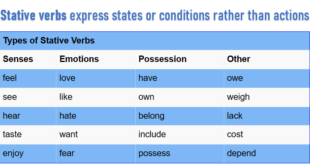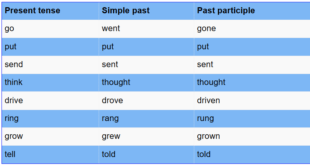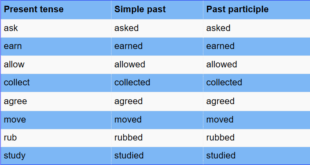![]()
We use the future perfect tense to express an action that will be completed before a particular time or before another action in the future.
- I will have eaten lunch by two p.m.
- At eight o’clock, he will have left for work.
- We will have finished the project by the end of this year.
- They will have gone to the park before you come here.
Form: subject + will have + main verb [past participle form]
| Positive | Negative | Question |
| I will have gone. | I will not have gone. | Will I have gone? |
| You will have slept. | You will not have slept. | Will you have slept? |
| He will have seen. | He will not have seen. | Will he have seen? |
| She will have drunk. | She will not have drunk. | Will she have drunk? |
| It will have grown. | It will not have grown. | Will it have grown? |
| We will have eaten. | We will not have eaten. | Will we have eaten? |
| They will have left. | They will not have stolen. | Will they have left? |
Contractions in the future perfect tenses
| Long form | Affirmative | Negative |
| I will have gone. | I‘ll have gone. | I won’t have gone. |
| You will have written. | You‘ll have written. | You won’t have written. |
| He will have seen. | He‘ll have seen. | He won’t have seen. |
| She will have left. | She‘ll have left. | She won’t have left. |
| It will have fallen. | It‘ll have fallen. | It won’t have fallen. |
| We will have eaten. | We‘ll have eaten. | We won’t have eaten. |
| They will have stolen. | They‘ll have stolen. | They won’t have stolen. |
Short answers in future perfect tenses
- Will you have gone before we come home tomorrow? — Yes, I will [We cannot use any contraction in positive answers]; – No. I won’t.
- Will the plumber have finished his work by three p.m.? — Yes, he will. – No, he won’t.
Future Perfect tense, envocabulary.com


